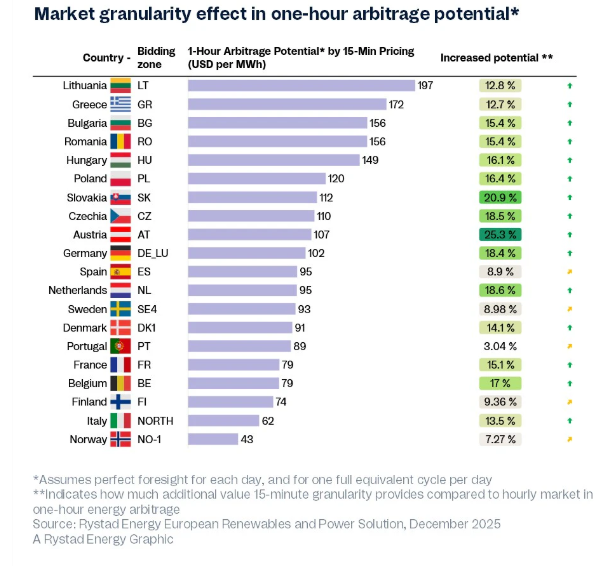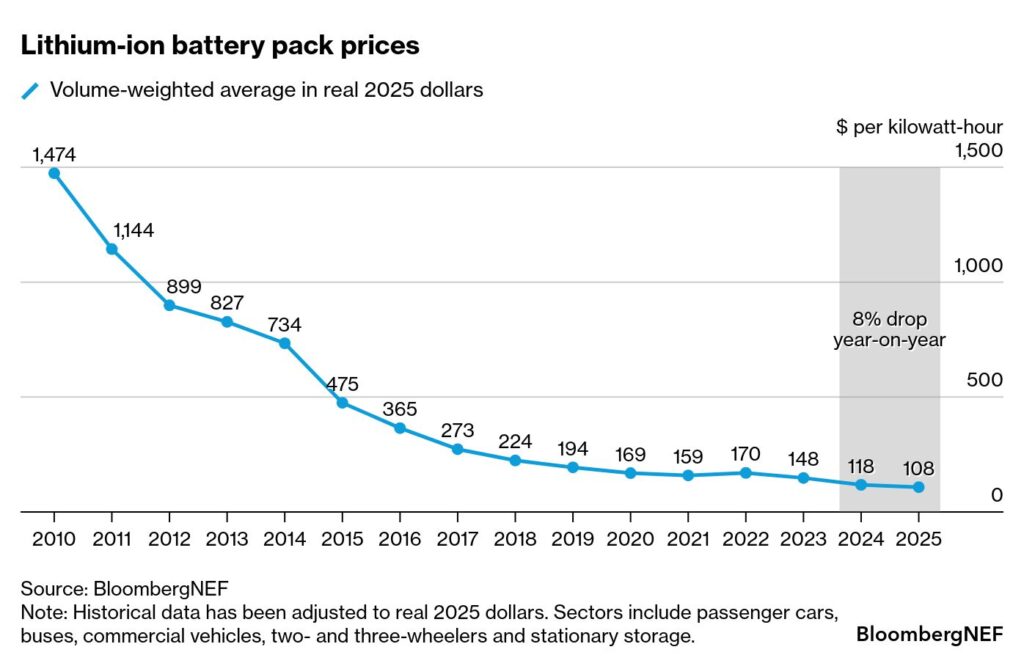Fire risk for home energy storage systems is 0.0049%, says German study

Researchers at Germany’s RWTH Aachen University have published a study investigating the probability of fire risk in residential battery energy storage systems. The group found the risk is 0.0049% per year.
They published the study titled “Quantitative Fire Risk Assessment of Battery Home Storage Systems in Comparison to General House Fires in Germany and Other Battery Related Fires” in October 2024, and recently presented their findings to the public for the first time at an event organized by the Federal Energy Storage Systems (BVES) in Berlin.
The scientists evaluated media reports of fires to help them create a database of incidents. As of the end of November 2023, they recorded a total of 36 cases for the past year. For this year, their monitoring showed 56 cases in the same period. However, there has since been a significant increase in the amount of PV home storage systems installed in Germany. The total number is approximately 1.6 million systems.
For their study, the scientists have only taken into account cases in which the fire in the house was really triggered by the battery storage system itself, but not, for example, by the battery management system or human error.
The researchers also documented the distribution of fire incidents over individual months. They found that the fires are increasingly taking place in the spring. This is most likely a reaction that occurs when the storage systems are starting to be used again after the winter and the battery cells are awakened out of their “highway sleep”, so to speak. The time distribution also indicates this, with most of the fires occurring between noon and 4pm when the memory is fully loaded.
To classify the likelihood of fire of 0.049%, the researchers also compared the figures for energy storage systems with other household appliances and technologies such as photovoltaic systems or electric vehicles. At 0.0014% per year, the photovoltaic systems still have a low risk of causing fires.
Due to their higher capacities, large battery storage systems also have a low chance of 0.015% per installed megawatt hour per year and year when it comes to catching fire. If this probability of fire is recalculated for the installed capacity for home storage, the result is 0.56%, as shown in the study. Looking at the batteries in electric cars, the value is 0.59% per megawatt hour and year. When comparing with electric vehicles, the home storage systems also perform better if the fires are calculated to the number of systems. The likelihood of electric cars is 0.024%, but they perform better than vehicles with internal combustion engines, which according to the study carry a risk of 0.089%.
For other household appliances, the probability of fire compared with photovoltaic home storage is not much different. RWTH Aachen researchers identified a fire risk of 0.0037% for tumble dryers and 0.0012% for refrigerators.
The study by RWTH Aachen is intended to create a reliable basis for classifying the actual fire risk of battery storage systems and addressing uncertainties among consumers and regulatory authorities, as its authors emphasized.
The industry is becoming more proactive and willing to heed fire safety warnings, with many manufacturers increasingly reliant on lithium iron phosphate (LFP) batteries, which are considered to be safe. Targeted recall and exchange programs have also launched in response to reports of home storage systems catching fire. “Our study shows that battery storage systems are a safe technology that does not measurably increase the overall fire risk in households,” said the study head, Mark Junker.
However, it is important that there are standardized reporting mechanisms and long-term data collection in order to further clarify the risk assessment. “Media reports on individual incidents should always be considered in the context of the extremely low overall probability,” the researchers continued in their study. This is also a concern for the BVES. “The study makes an important contribution to the objectification of the discussion about the safety of household storage systems,” said the organization’s association managing director Urban Windelen.
















